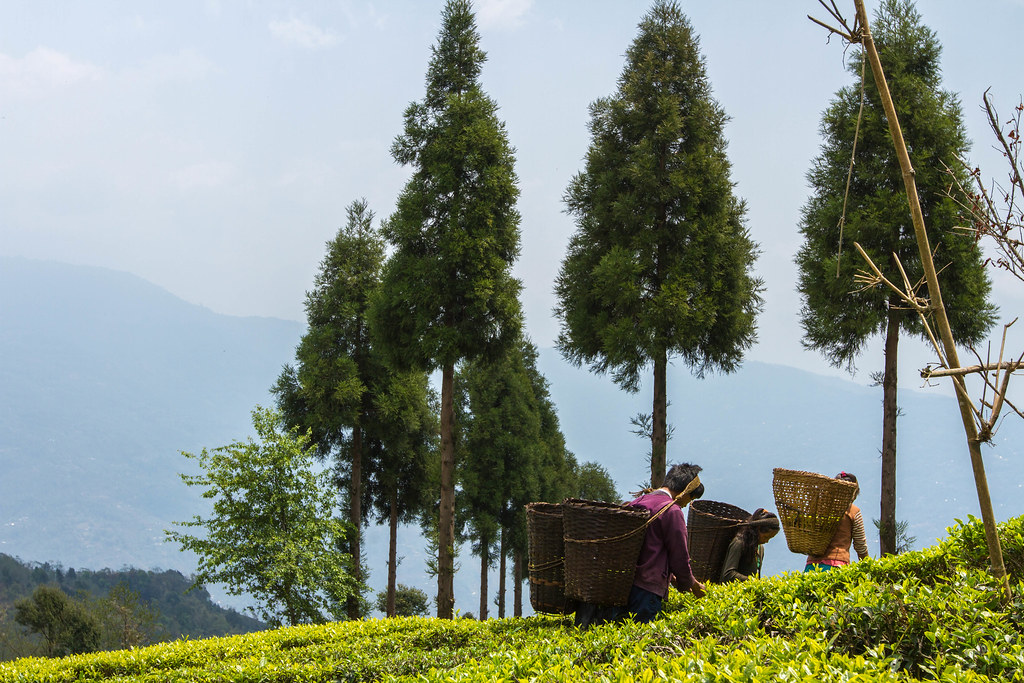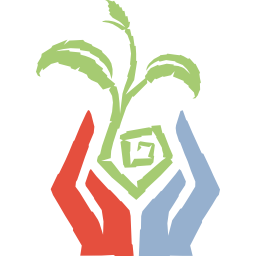 |
DARJEELING & NEPALScheduled Dates: Late March to Early April 2020 Price: $290 per day. Includes all ground transportation, lodging, food, staffing, and events. Meeting Airport: Siliguri, India Visa Required: Yes
Travelers may join for just one leg of the journey, but we recommend doing the entire 13 days to get the full experience and to truly understand this region, its challenges, and solutions for the future. Darjeeling & Nepal are the most physically demanding regions of the Amazing Tea Race. Be prepared to climb steep mountainsides, spend hours harvesting & processing tea, and endure long rides through the countryside. Fortunately, this demanding leg of the Amazing Tea Race is also one of the most rewarding, thanks to the beautiful landscape, incredible people, and the potential for positive change in the tea industry. Our group will participate in an Expo associated with Nepal's National Tea Day where tea producers from throughout the country will gather in the tea-growing village of Jasbire to share tea and knowledge. Tealet will be hosting a tea cupping competition where we will taste the teas of independent producers. This is a great opportunity to learn about the Nepal terroir and processing style, improve your cupping skills, and find exclusive lots of handcrafted teas for your business.
The Mission Darjeeling & Nepal are the key origins for Amazing Tea Race 2018. The area is dominated by large tea estates, and a tea industry from colonial times. These estates are characterized by poor living conditions, low wages, and little empowerment for tea workers. These poor working conditions are also resulting in lower-quality teas. In response, the small growers of Darjeeling & Nepal are trying to become independent entrepreneurs. They are creating their own small tea gardens, and trying to craft their own teas for the international market. Some are already succeeding, like Hariyali Cooperative. However, these growers still need help to improve their teas, and to compete with the larger estates in the market. We cannot change the situation overnight, or provide all the help these growers need... But, this collaboration is an important step in the right direction.
(1) Get to know the people and communities who have been fighting for a better tea industry for years, and learn from their unique stories and perspectives. (2) Take an active part in the development of new teas, and help improve teamaking processes on the farms by evaluating teas from a tea professional's perspective. (3) Learn about the teamaking process from farm to cup, and understand the effects of terroir, processing, and industry issues on each tea.
ABOUT THE ORIGIN: Darjeeling & Nepal are located in the Himalayan mountain range. Some tea gardens have altitudes of up to 2,000m high. Because the tea plants are exposed to extreme conditions, they produce leaf material of incredible quality. Some of the most fragrant, complex teas in the world are produced here. Darjeeling, in Northern India, is dominated by large tea estates. These famous estates fetch a high price for the tea thanks to the "Darjeeling" designation. However, these estates pose challenges for ethical tea production and tea sustainability. Wages and living conditions are poor for tea workers in Darjeeling. In response, families have begun to grow, produce, and craft their own teas to create their own, independent tea industry. Across the border from Darjeeling is Ilam, Nepal's primary tea growing region. Ilam is named "The Queen of Hills" for its beautiful scenery. Tea fields are perched on remote mountainsides, tended to by tight-knit village communities. Like Darjeeling, the leaf material here is incredible. However, Nepal's small growers rely on the large estates - many of them in Darjeeling - to purchase their raw leaves. Leaf prices are very low, making it difficult for these farms to improve their quality of living. In recent years, many growers have begun to go independent, and are trying to develop their own teas. In the Nepalese spirit of collaboration, these growers have formed cooperatives to share resources, knowledge, and tea-crafting facilities.
Hariyali Cooperative's Amber Red. |



